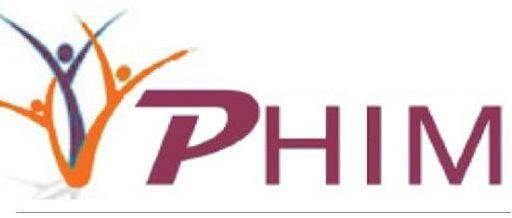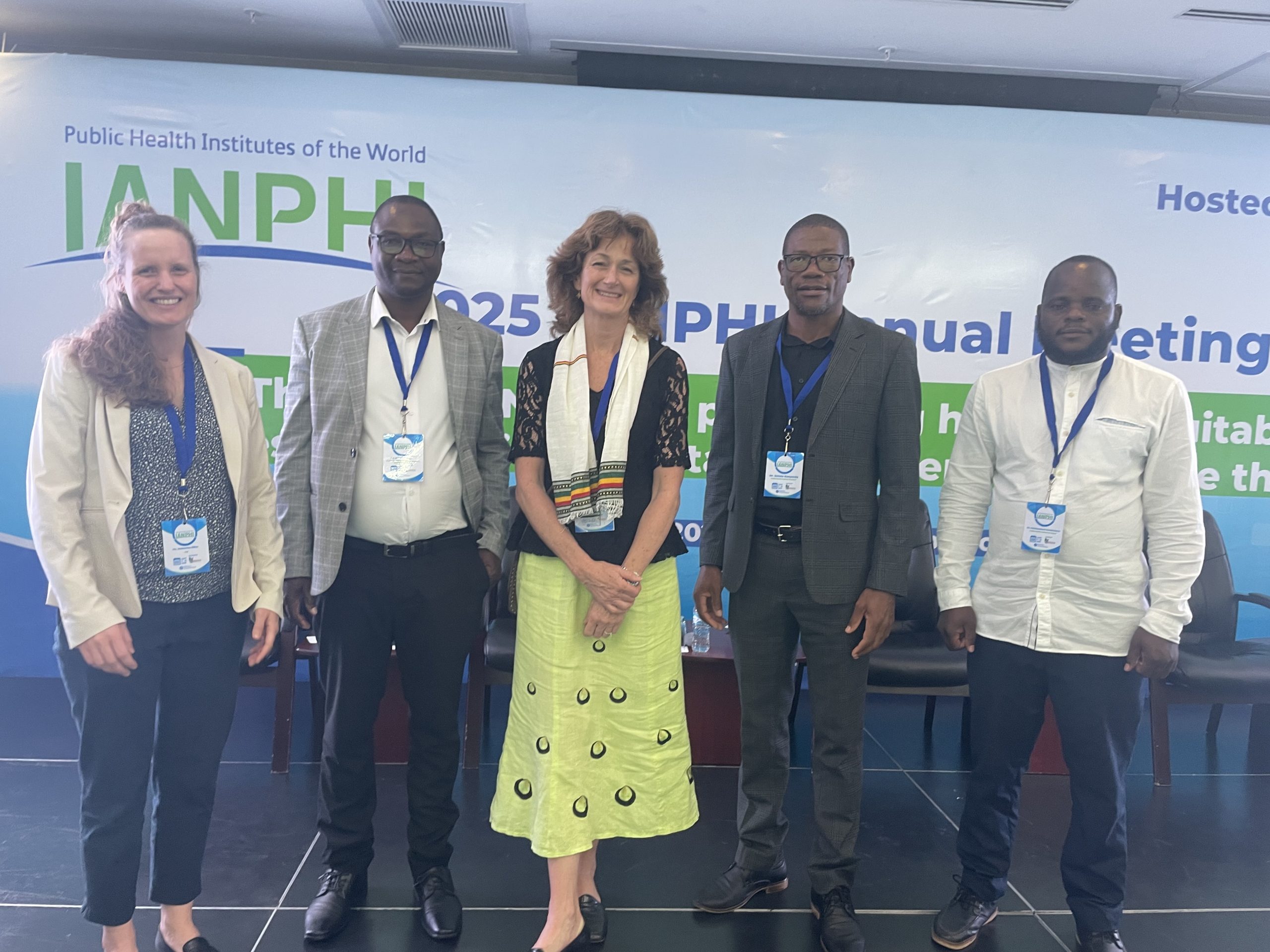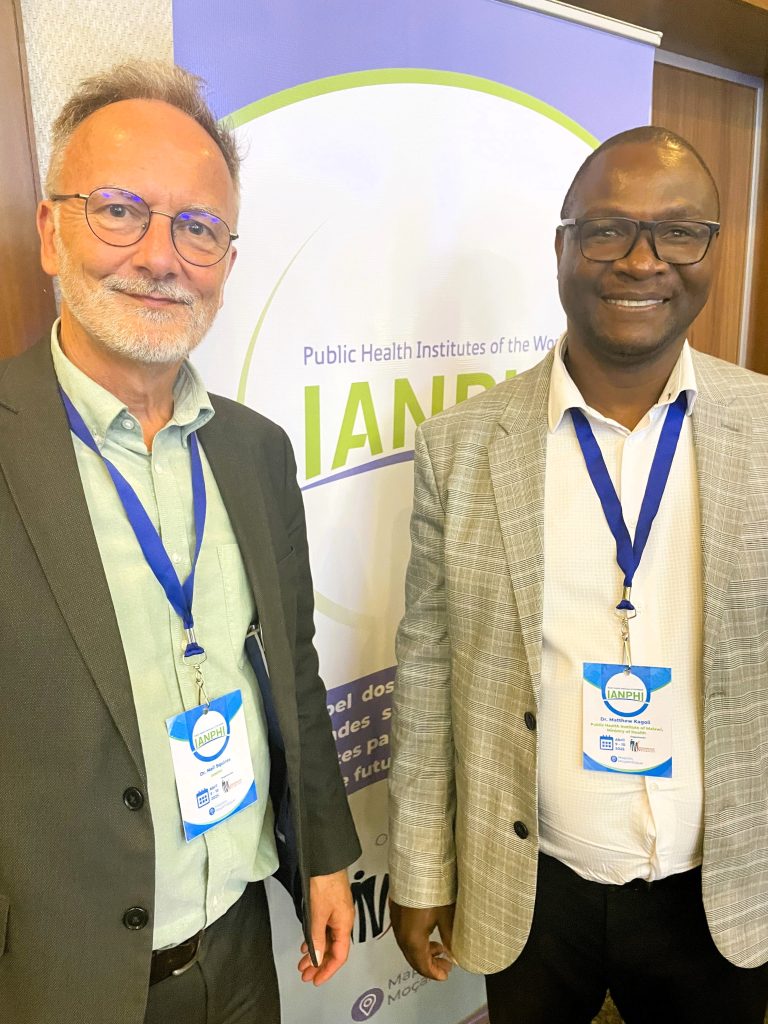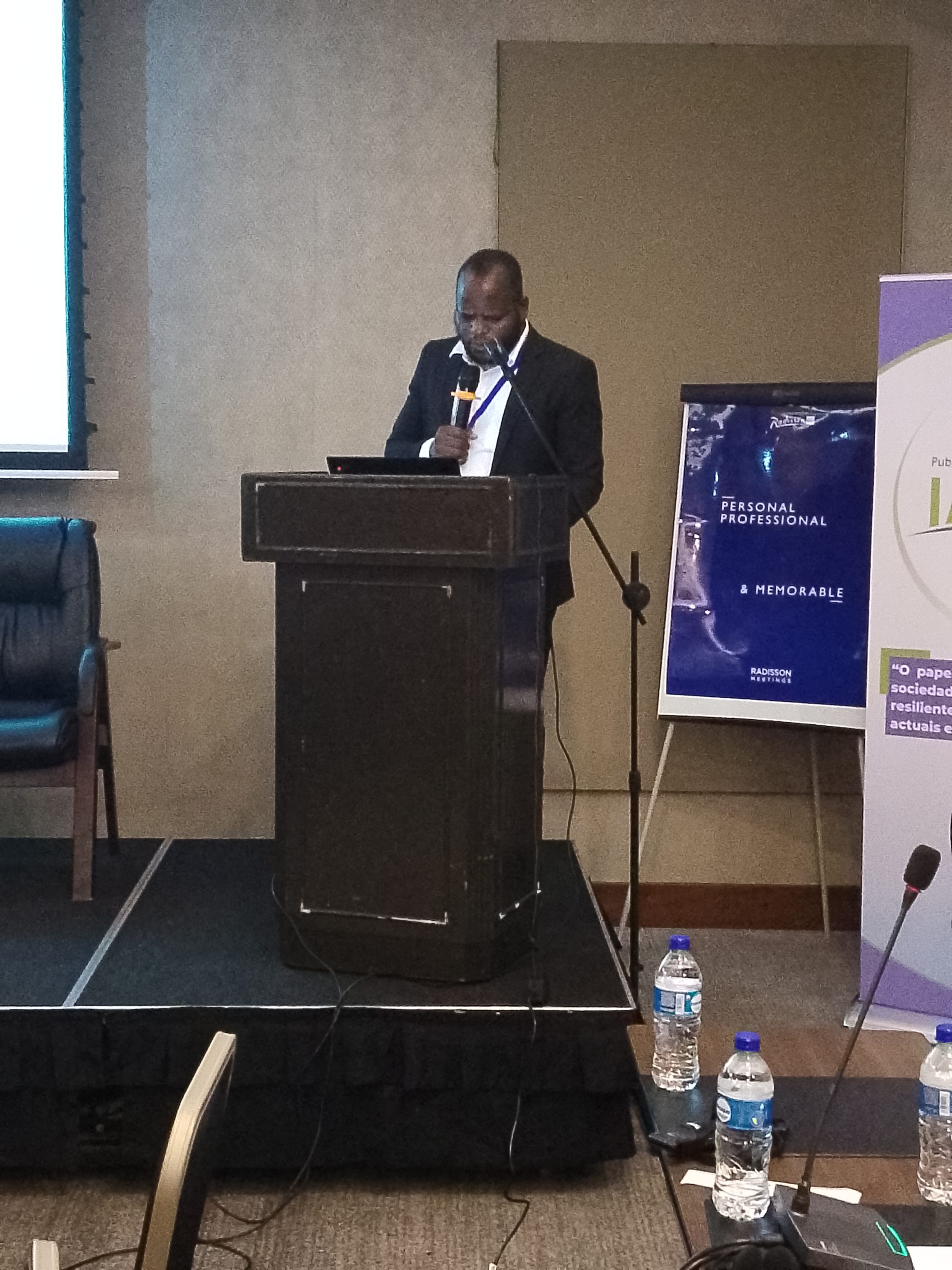
MAMLS ANNUAL GENERAL CONFERENCE.
by
Moses Nyambalo Phiri in collaboration with Happy Abraham Manda, Henry Limula and Settie Kanyanda.
On May 8, 2025, the Malawi Association of Medical Laboratory Scientists (MAMLS) convened its 8th Annual General Conference at the Amaryllis Hotel in Blantyre. The central theme of this year’s conference was “Enhancing Access to Diagnostics for All Malawians.“
Conference Highlights and Key Discussions
The conference emphasized the critical need for increased innovation and investment in diagnostic services, with a strong focus on expanding access to rural and underserved areas. MAMLS advocated for bringing high quality laboratory services closer to communities to ensure accurate diagnoses and improve healthcare delivery across Malawi. The conference was officially opened by Mr. Joseph Bitilinyu Bangoh, Deputy Director of the Public Health Institute of Malawi (PHIM), responsible for the National Public Health Laboratories (NPHL).
About MAMLS
Founded on February 11, 1998, MAMLS is a non-profit association dedicated to promoting and safeguarding the interests of medical laboratory science professionals and patients in Malawi. The organization operates independently, free from political, religious, ethnic, or sub regional influences. MAMLS plays a vital role in promoting cooperation among medical laboratory scientists, standardizing professional practices, and facilitating capacity development, all aimed at improving the quality of medical laboratory services, training, and education in the country.

PHIM’s Participation and Presentations
The Public Health Institute of Malawi (PHIM) was a key participant in the conference. Dr. Godfrey Kadewere, former Director of Health Technical Services, and Mr. Joseph Bitilinyu Bangoh of PHIM both delivered speeches encouraging laboratory personnel to collaborate in disease diagnostics and surveillance. Mr. Bangoh specifically urged laboratory professionals to be proactive during disease outbreaks, citing the recent Mpox pandemic in Malawi as an example.
Mrs. Dorothy Donata Moyo Kalata from the NPHL delivered a presentation detailing PHIM’s development, vision, and mission, as well as the current activities of the NPHL. She highlighted the NPHL’s comprehensive functions, asserting that Malawi will soon no longer need to send samples abroad for testing.
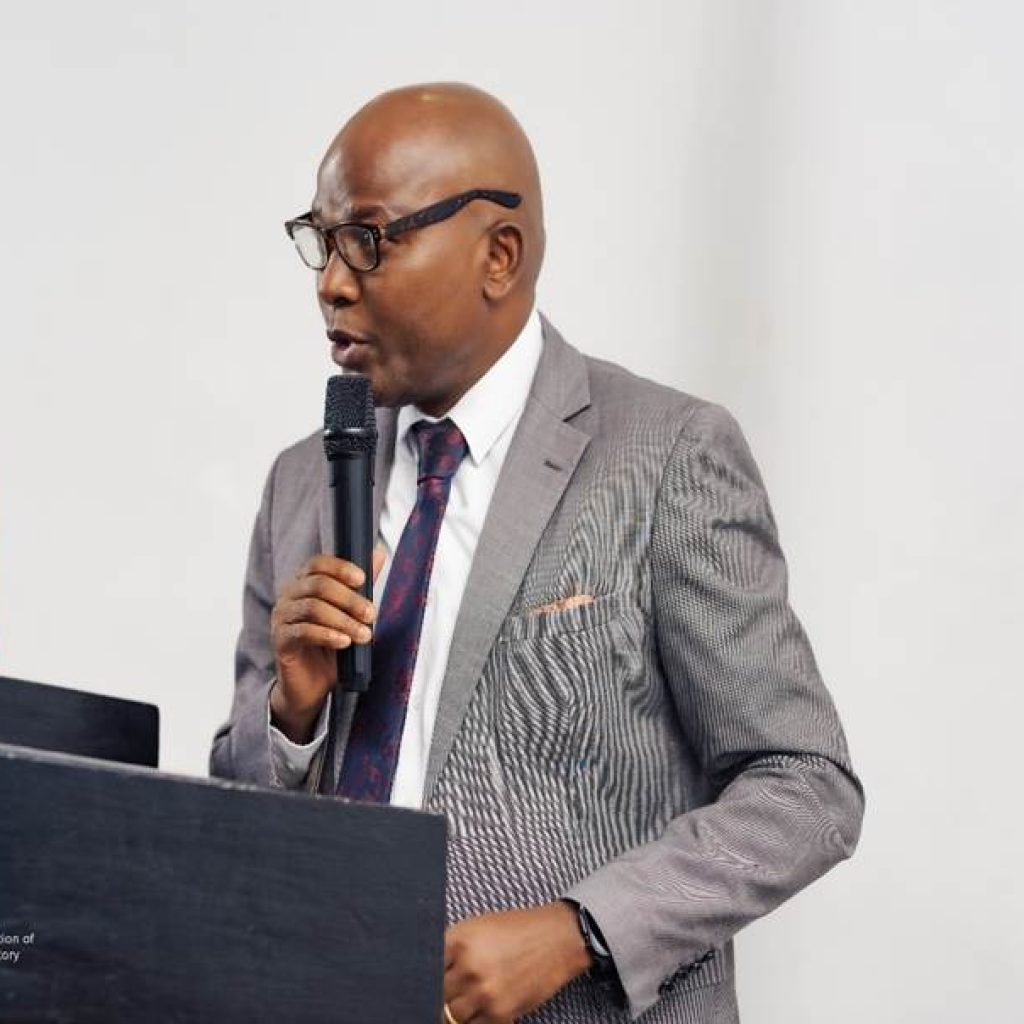

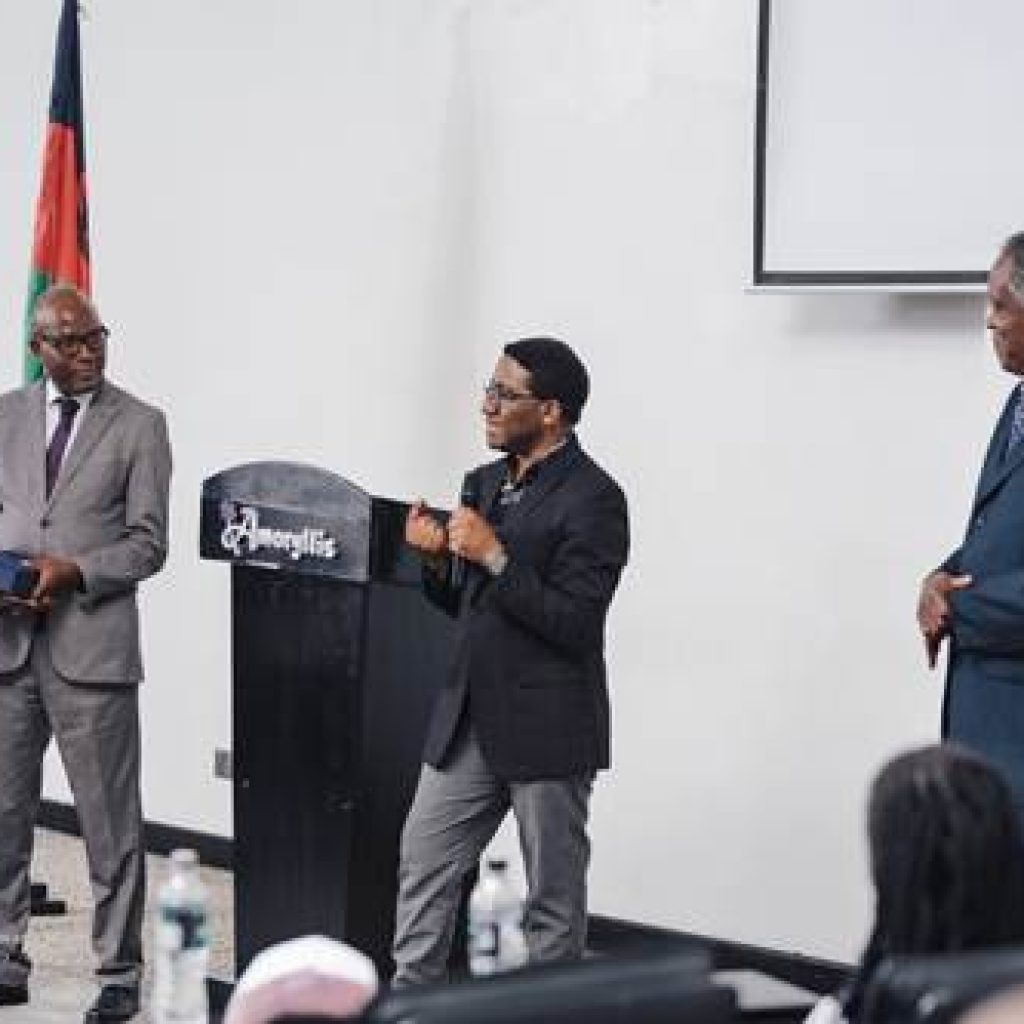
Remarks from MAMLS Leadership and Other Dignitaries
Mr. Confidence Banda, President of MAMLS, echoed the sentiments of previous speakers, emphasizing the laboratory’s foundational role in various health pillars and its indispensable contribution to disease surveillance. He also acknowledged the presence of Professor Kondwani Jambo, the keynote speaker, as an inspiring example for the laboratory science community.
Other notable attendees included Mr. Reuben Mwenda, former Deputy Director of Health Technical Services, and representatives from organizations supporting laboratory services in Malawi, such as the Clinton Health Access Initiative (CHAI), Malawi University of Maryland School of Medicine – Ciheb, and Kamuzu University of Health Sciences (KUHES).

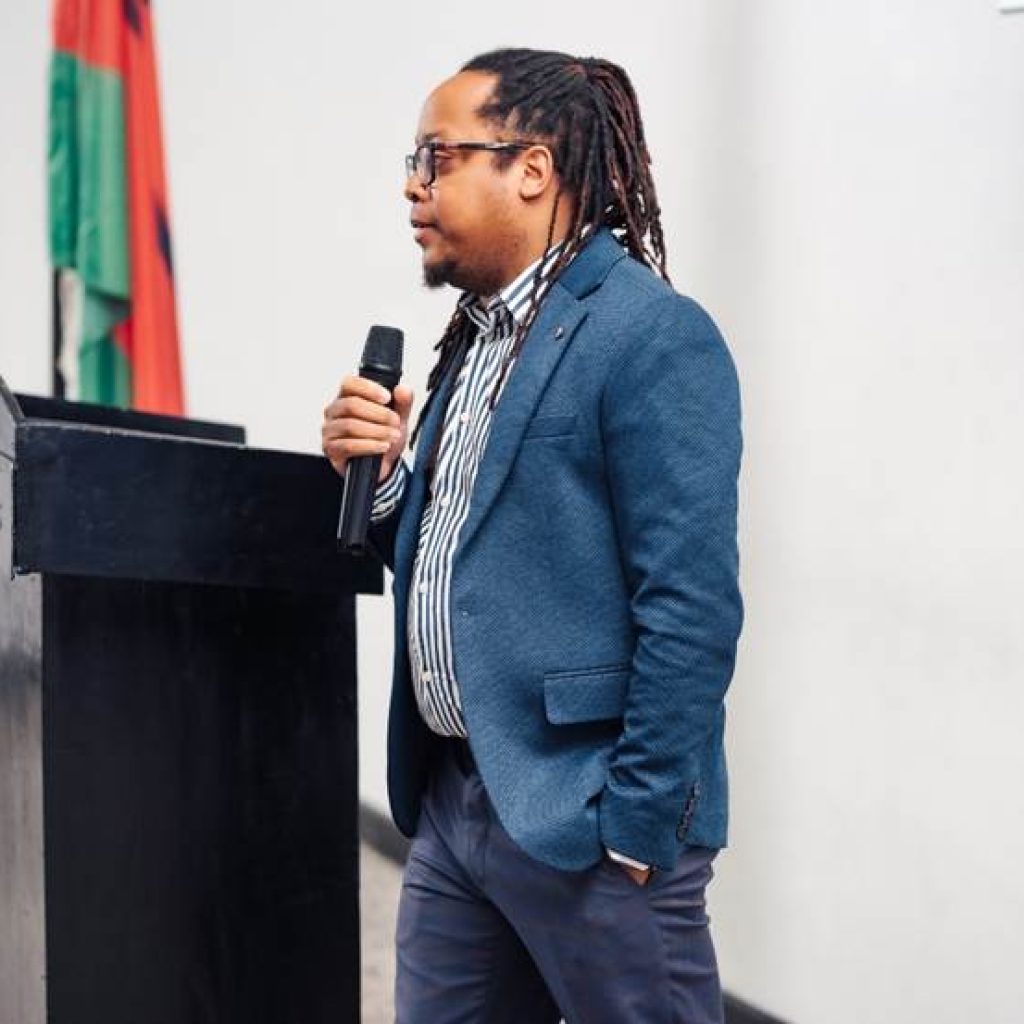

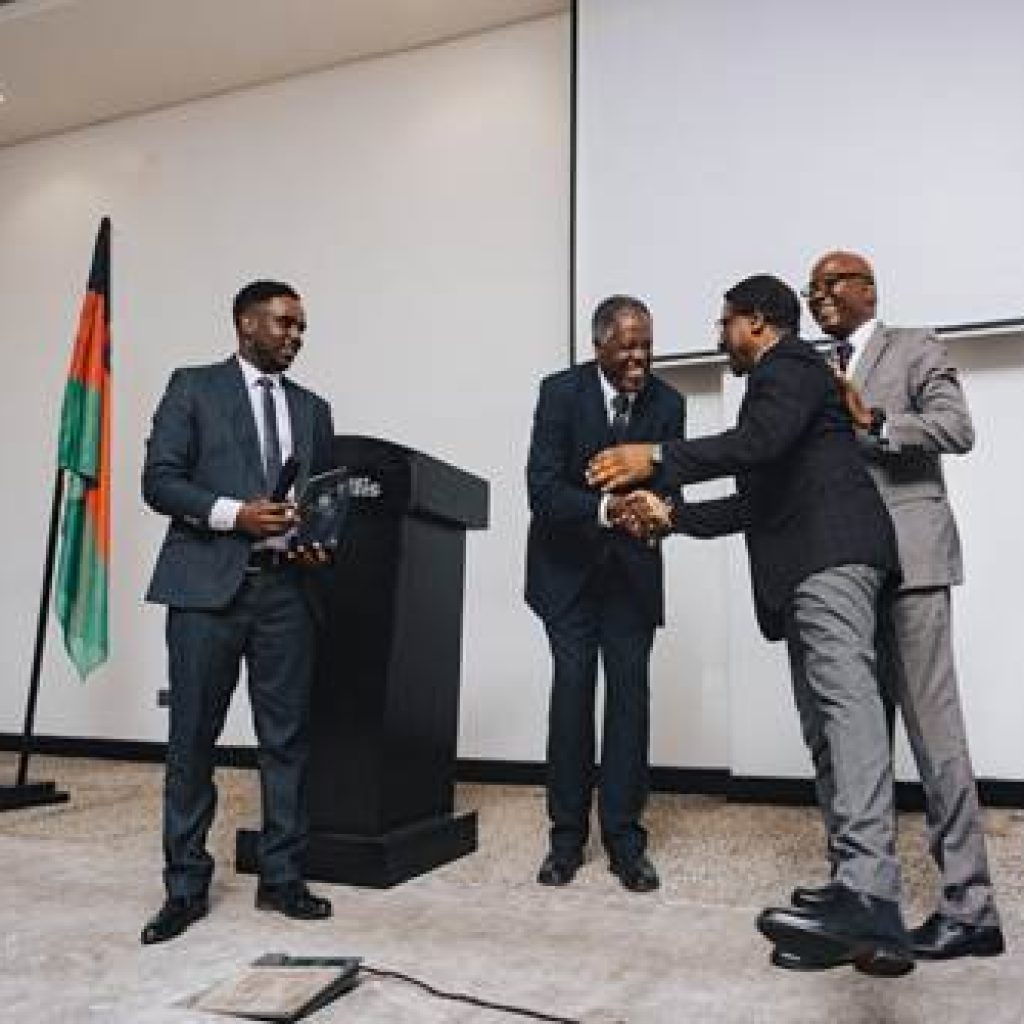
Exhibitions and Networking
The conference provided a dynamic environment for participants to interact and exchange ideas. Companies supplying laboratory products in Malawi also had the opportunity to exhibit their offerings, fostering connections within the industry.
Special Thanks to:
